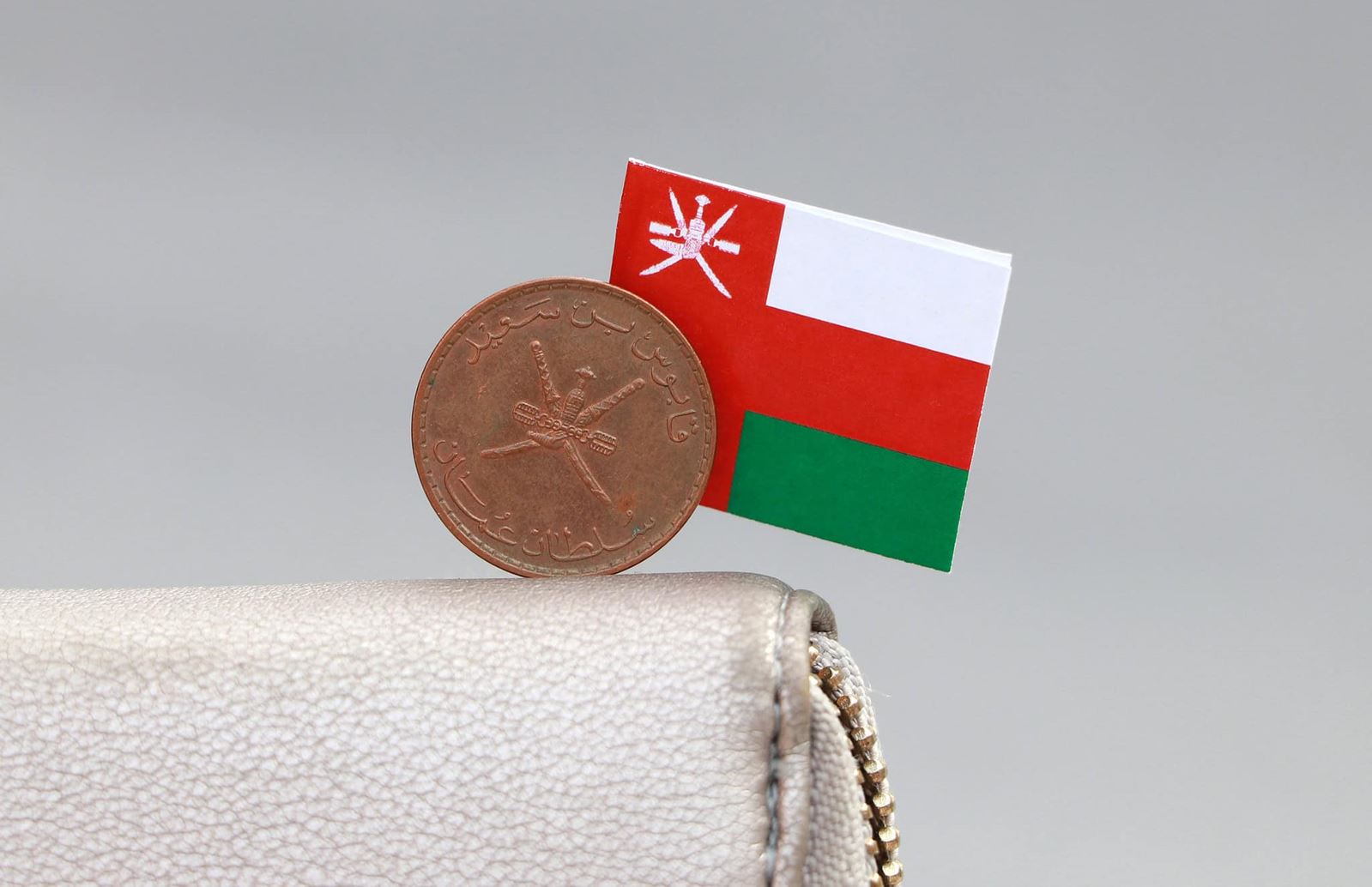Introduction
On 22 June 2025, Oman issued Royal Decree No. 56/2025 on Personal Income Tax. The law will come into effect on 1 January 2028.
Impact of Announcement
The introduction of personal income tax marks a historic fiscal milestone for Oman and the wider Gulf Cooperation Council (GCC). Oman has become the first GCC country to announce a personal income tax regime for high-income earners, representing a significant and historical shift in the region’s tax systems.
Oman Vision 2040
The new regime completes Oman’s comprehensive tax framework, which already includes corporate income tax, value added tax, excise tax, and customs duties. It is designed to help fund the country’s social protection system and advance the broader objectives of Oman Vision 2040, particularly income diversification and increased non-oil GDP contributions.
Beyond its fiscal objectives, the personal income tax is expected to promote social justice through wealth redistribution, strengthen the national budget, and partially finance social protection measures. This positioning enhances Oman’s attractiveness to investors and businesses, especially as the country’s cost of living remains lower than in regional neighbours such as the UAE and Qatar.

Taxable persons
- Residents: Omani citizens and expatriates who spend 183 days or more in Oman will be taxed on their worldwide taxable income.
- Non-residents: Omani citizens residing abroad will be taxed only on taxable income sourced within Oman.
Tax Threshold and Rate
The law introduces a 5% income tax on natural persons with annual gross income exceeding OMR 42,000 (approximately USD 109,200). Income up to OMR 42,000 will be taxed at 0%.
Allowances
According to the Omani Tax Authority, a range of deductions and exemptions will be available to reflect social realities and reduce taxable income. Allowable deductions include:
- Education and healthcare expenses
- Inheritance, zakat, charitable donations, and endowment (‘waqf’)
- Interest on loans for the purchase or construction of a primary residence
- Freelance work-related expenses
- Costs associated with generating rental income
Exemptions
Additional exemptions are provided to ease the tax burden and align with broader social and economic objectives. These include:
- Foreign-sourced income (granted once, for two years)
- Capital gains on the sale of a primary residence
- Capital gains on the sale of a secondary residence (granted once)
- Income from inheritance and gifts
- Income from industrial property rights (exempt for five years from the date of registration)
Conclusion
With one of the highest exemption thresholds (OMR 42,000), one of the lowest global rates (5%), and multiple allowances and exemptions, the Omani Tax Authority estimates that 99% of the population will remain unaffected, with only around 1% subject to the new tax. This socially sensitive approach seeks to promote equity and public welfare without burdening lower-income groups.
Strategically, the measure is intended to build a more interdependent society and a sustainable national economy, less exposed to the global energy transition and oil price volatility.
As the first Gulf state to impose personal income tax, Oman’s move is a pivotal development in the region. While no other GCC country has yet signalled an intention to introduce personal income tax, the evolution of tax policy across the Gulf suggests that Oman’s experience will be closely monitored by its neighbours.


Mussadak Mirza
Barrister, Cobden House Chambers
UK Lead, Omani British Lawyers Association (OBLA)